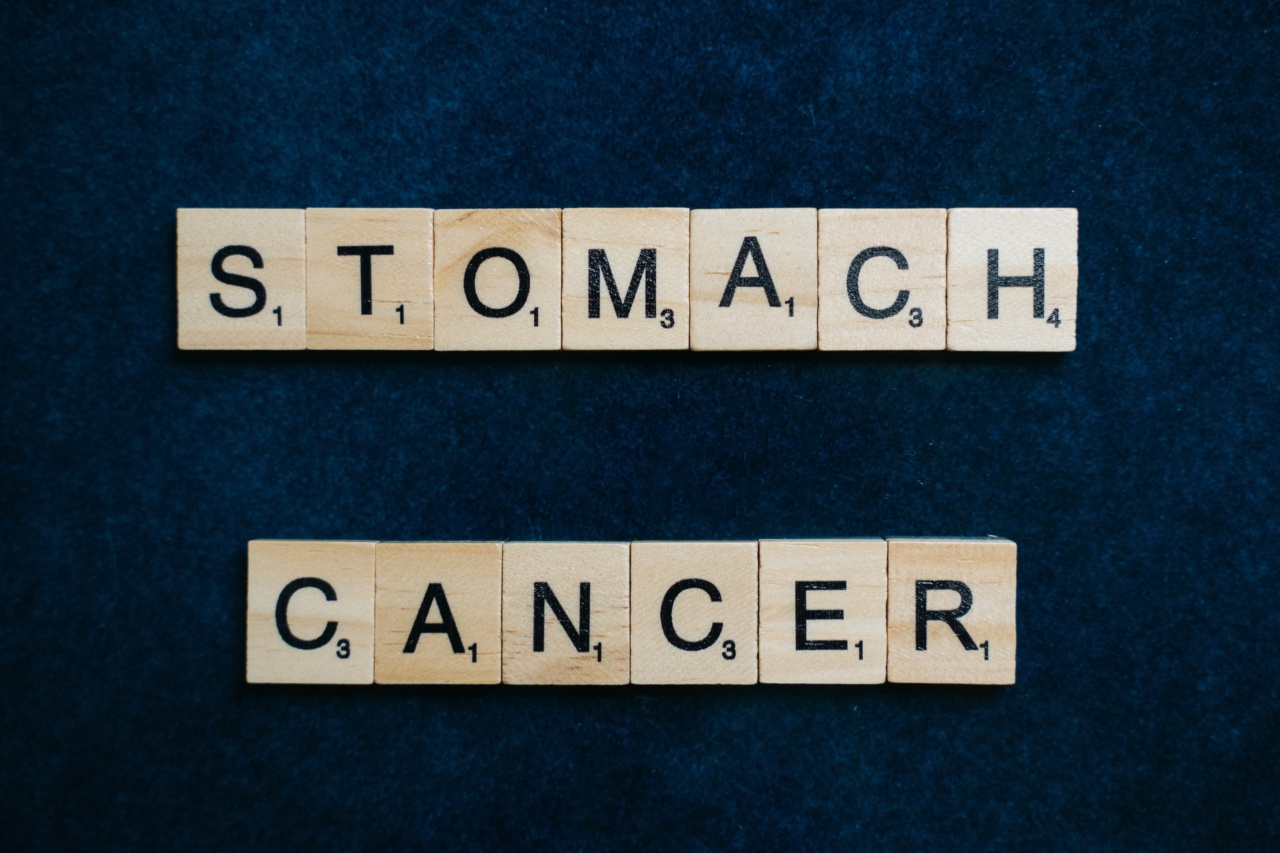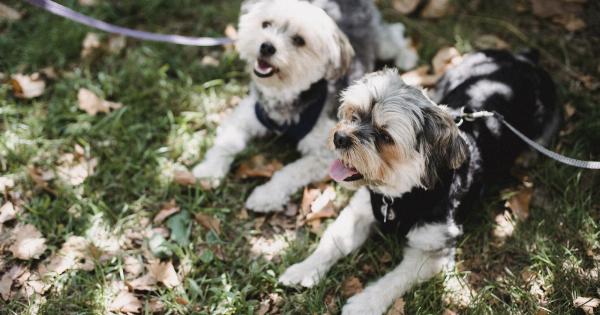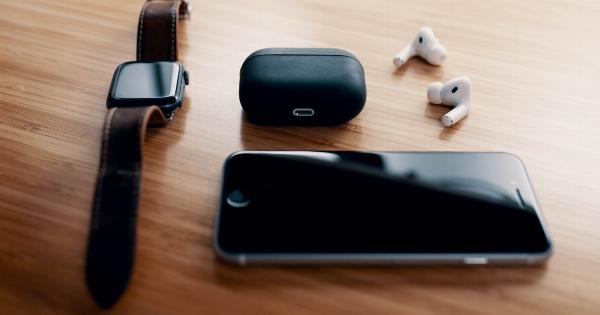Each year in the United States, 27,600 patients die from stomach cancer, according to the American Cancer Society. It’s the fifth most common cancer in the world, but it ranks third for cancer deaths.
Early detection is key to effectively treating stomach cancer, as the five-year survival rate for those who catch it early is 90%. Unfortunately, only one in five stomach cancer cases are diagnosed at an early stage, often because symptoms are not taken seriously.
The Need for Early Stomach Cancer Detection
Stomach cancer is not as widely talked about as some other types of cancer, but it can be deadly. Many who suffer from stomach cancer do not have symptoms early on, and by the time symptoms appear, cancer may have spread to other areas of the body.
Common symptoms include:.
- Abdominal pain and discomfort
- Fatigue and weakness
- Nausea and vomiting
- Bloating and fullness after meals
- Blood in stool
- Difficulty swallowing
- Unexplained weight loss
Unfortunately, some of these symptoms can be attributed to other underlying medical conditions. This leads to late diagnosis and more difficulty treating the cancer.
But what if there were a way to detect stomach cancer before it progresses to a late stage? That’s where the Cancer Sniffer stomach cancer detection app comes in.
The Cancer Sniffer App
The Cancer Sniffer app is a revolutionary piece of technology that uses artificial intelligence and image processing to detect stomach cancer early on.
By analyzing thousands of images, the app can identify subtle changes in the stomach that may indicate the presence of cancer. The app utilizes deep learning models and convolutional neural networks to increase accuracy and speed up the diagnostic process.
The Cancer Sniffer app is simple to use, here is how it works:.
- Start the app and select the “Stomach Cancer Detection” option
- Follow the on-screen instructions to scan your stomach using your smartphone camera
- The app will analyze the images you capture and return a result in just a few moments
- If the app detects early signs of stomach cancer, it will provide you with recommendations for medical follow-up and connect you with a licensed physician or medical facility for further testing and diagnosis.
The Benefits of Cancer Sniffer App
The Cancer Sniffer app has a number of benefits for both patients and doctors. For patients, the app offers peace of mind by providing early detection for stomach cancer.
This can be life-saving, as early detection has been shown to be one of the most effective ways of combating the disease. By catching stomach cancer early, doctors can develop a treatment plan that is less invasive and more effective.
For doctors, the Cancer Sniffer app saves time and resources in the diagnostic process. Doctors can use the app to quickly assess whether a patient may have early signs of stomach cancer, and refer them for further testing as needed.
This can help expedite the diagnostic and treatment process, and ultimately lead to better patient outcomes.
The Future of Cancer Detection
The Cancer Sniffer app is just the beginning of what technology can do to improve cancer diagnosis and treatment.
As artificial intelligence and image processing technology continue to evolve, we are likely to see new and more innovative ways of detecting cancer early on. This can help shift the focus from treating cancer to preventing it altogether, which can be truly life-saving.
The Cancer Sniffer app is available for download on both iOS and Android devices, and is completely free to use.
Whether you have a personal history of stomach cancer, or just want peace of mind, the Cancer Sniffer app is a powerful tool that can help save lives.





























